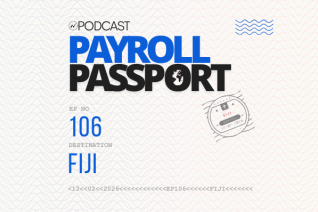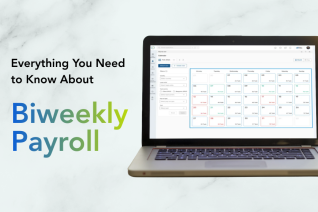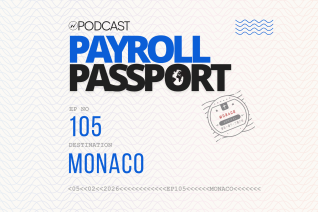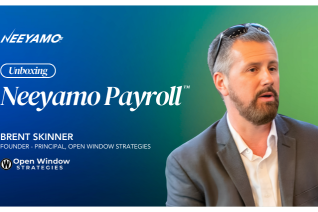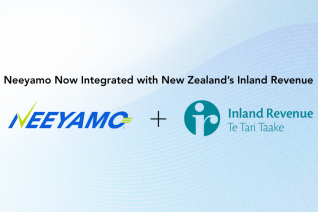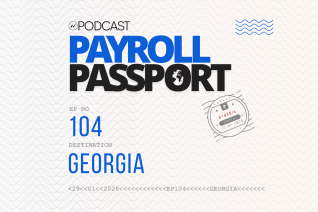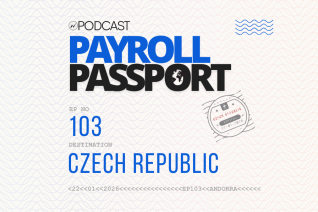Why Cross-Border Payroll in Emerging Markets Demands a Local-First Strategy
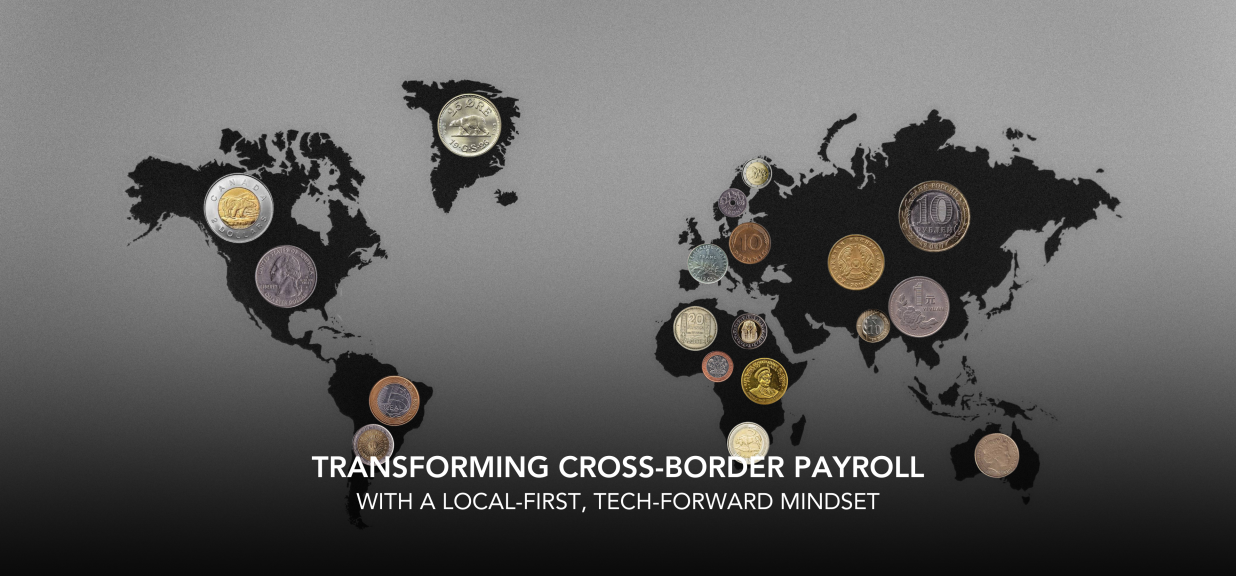
Technology has made the world feel smaller. You can attend meetings virtually, shop globally in foreign currencies, and even stream music from across the planet. Yet, one area that still stumbles is cross-border payroll.
The cross-border payments market is expected to reach nearly $1 quadrillion by 2025, with emerging markets playing a key role in facilitating trade. This growth is increasing pressure on businesses to update their payment systems and highlighting the rising logistical and compliance challenges for companies expanding into these markets.
From navigating local laws and tax frameworks to ensuring employees receive payments accurately and on time, international payroll demands a fine balance of local insight and global strategy.
Let’s explore the biggest pitfalls and, more importantly, how to avoid them.
Why Emerging Markets Pose Unique Payroll Challenges
Emerging markets offer rich talent pools and cost advantages, but they also come with fragmented local regulations, complex compliance structures, and operational hurdles.
- Limited Digital Infrastructure and Banking Access
Many emerging economies lack reliable internet access, and local banks often have limited integration with global systems. This slows down the payment processing cycle and introduces security and reconciliation challenges.
A robust global payroll solution supports offline access, mobile tools, and integrations with alternative banking channels, such as mobile wallets and microfinance institutions.
- Volatile Regulatory Compliance
Labor codes and tax structures in these markets are constantly evolving. Sudden changes in laws and regulations made without due notice can derail the payroll process and lead to non-compliance, resulting in penalties.
Without a proactive compliance framework, even experienced payroll teams risk missing key updates related to tax slabs, social security contributions, or mandatory benefits.
- Cultural and Language Barriers
Payroll is now technology at heart, but it is also deeply human. Expectations around compensation, benefits, work hours, and even how pay is communicated differ by country. Localizing international payroll practices ensures better employee engagement and retention.
- Currency Volatility
Operating in multiple local currencies means exposure to fluctuating exchange rates. Unplanned shifts in currency conversion values can impact cost forecasting and budget allocation, particularly when governments restrict foreign exchange movements or cap outbound transfers.
- Lack of Payroll-Bank Integration
Many providers lack strong relationships with local banks, which results in manual, error-prone cross-border payments. This not only delays disbursements but can also trigger compliance risk due to incorrect reporting or missed deadlines.
At Neeyamo, we address this by partnering with over 600 banks globally, ensuring seamless and localized payment processing.
Also Read | Understanding Complexities in Managing Cross-Border Payroll
Best Practices to Navigate Payroll in Emerging Markets
There’s no one-size-fits-all solution for payroll. However, certain best practices can definitely be practiced to build robust global payroll operations across emerging economies.
- Flexible and Scalable Global Payroll Tech
Choose a global payroll solution that’s customizable at the country level but unified at the core. Neeyamo’s platform, for instance, supports real-time compliance updates, localized configurations, and multilingual interfaces, while providing centralized oversight.
- Compliance-First Approach
Build processes that prioritize local payroll compliance from day one. Automate statutory checks, keep track of local filings, and integrate with government systems when possible. Pre-configured templates for each country help minimize manual effort and maximize accuracy.
- Automate Currency and Payment Workflows
Real-time currency conversion tools integrated into payroll platforms enable quick and accurate calculations. This reduces FX exposure and ensures employees are receiving payments on time in their local currency, a critical factor in maintaining employee trust and satisfaction.
With Neeyamo’s payment engine, clients disburse payroll in over 100 currencies while maintaining compliance with regional treasury regulations.
- Regular Payroll Audits
Conduct regular audits to detect anomalies and ensure internal controls are working. This is especially crucial in emerging markets where manual inputs or third-party dependencies can introduce risk. Schedule quarterly reconciliations and variance reviews for added security.
- Plan for the Unexpected
From political unrest to sudden regulatory reform, emerging markets are full of surprises. Contingency planning, such as alternate payroll cycles or emergency reserves, helps organizations maintain operations even during disruptions.
- Regional Payroll Hubs
Centralized or regionalized payroll support hubs streamline workflows and act as bridges between headquarters and on-ground execution. These hubs also serve as escalation centers and governance checkpoints for organizations managing complex, multi-country payrolls.
Neeyamo is actively rolling out country-specific payroll modules, bundling our Time, Absence, Compliance, and Payroll platforms to accelerate implementation and enhance control.
How Technology Simplifies Border Payroll
Technology is redefining payroll, not just in terms of automation, but also in how it delivers visibility, scalability, and intelligence across different geographies.
- Single System of Record: Integration with HCMs like Workday or SAP ensures unified data and fewer errors.
- Automation: Cuts down manual labor and enables pre-scheduled filings, ensuring you're always on time.
- Multi-Currency Payments: Tech-powered workflows ensure secure, efficient, and auditable cross-border payments.
- AI/ML: Predicts cost fluctuations, flags anomalies, and identifies potential compliance risks.
- Cloud-Based Access: Empowers global payroll teams to manage operations in real time, regardless of location.
- Blockchain (Emerging): While still maturing, blockchain could offer secure, instant transactions with immutable audit trails.
Final Thoughts
Cross-border payroll in emerging markets doesn’t have to be a minefield of risk and guesswork. With the right partner, it becomes a powerful lever for business growth.
At Neeyamo, we’ve helped global organizations simplify payroll complexity by combining deep local expertise with powerful global infrastructure. Our unified, cloud-native platform is built to adapt to local nuances, whether that’s navigating unpredictable labor laws, managing real-time currency conversions, or integrating seamlessly with your HR and finance systems. And with the ability to process compliant, on-time payments across 160+ countries, we help ensure your people are paid not just correctly, but confidently.or organizations looking to simplify international payroll while staying aligned with local realities, we’re here to help.
Reach out to us at irene.jones@neeyamo.com or get in touch here to explore how Neeyamo can support your global payroll transformation.
Latest Resources
Stay informed with latest updates
If you're curious and have a thirst for knowledge pertaining to the HR, payroll, and EOR universe, don't miss out on subscribing to our resources.



